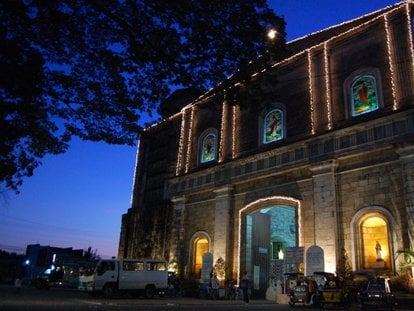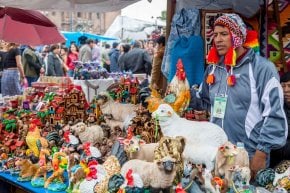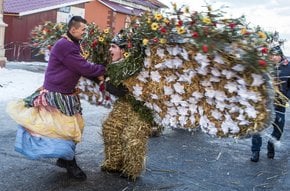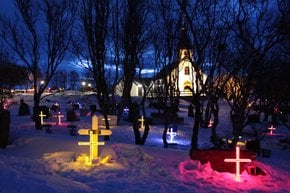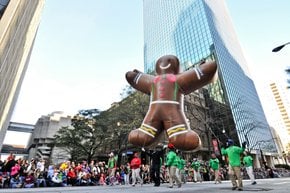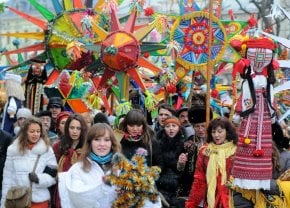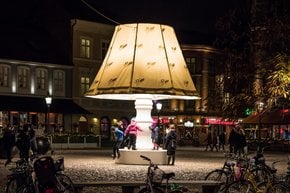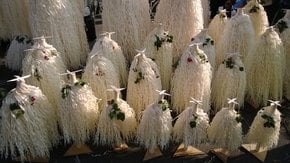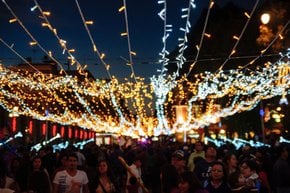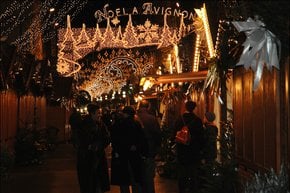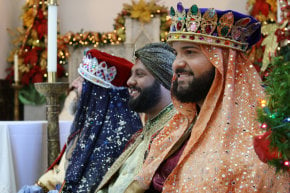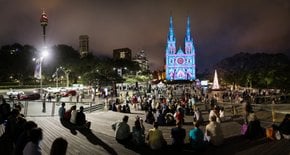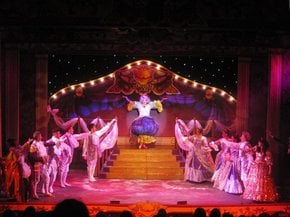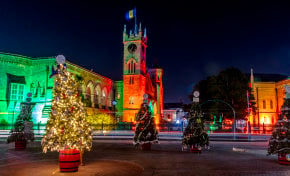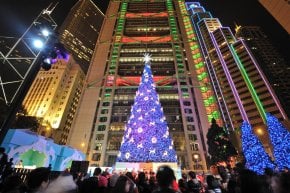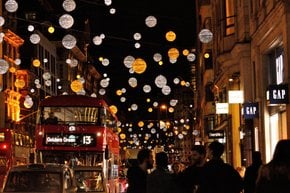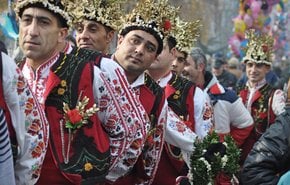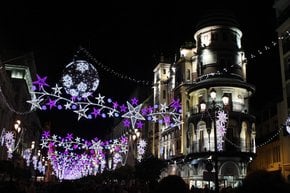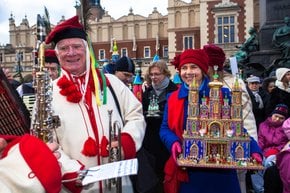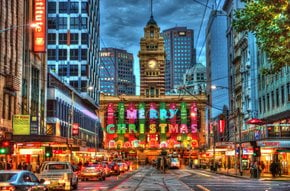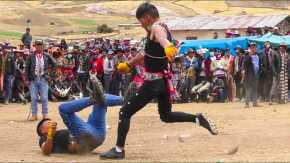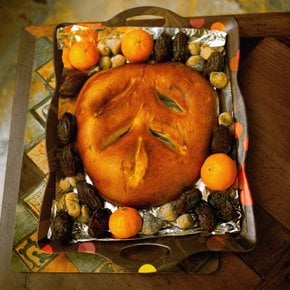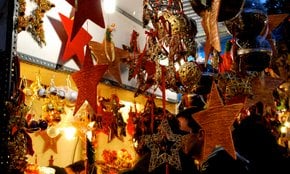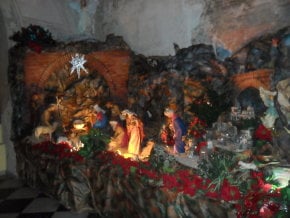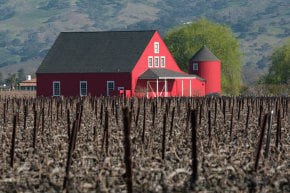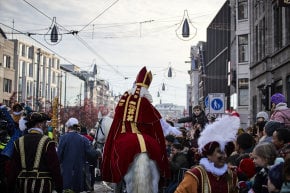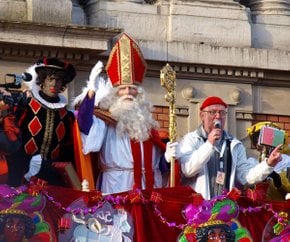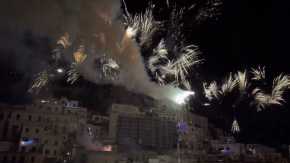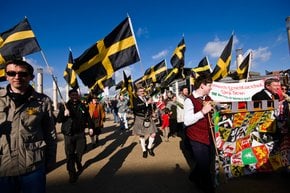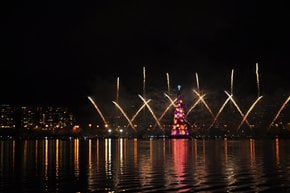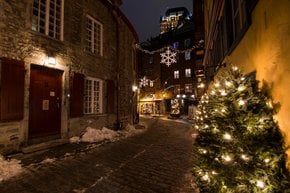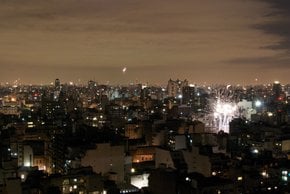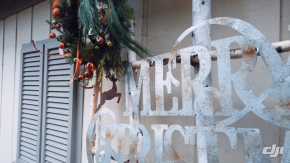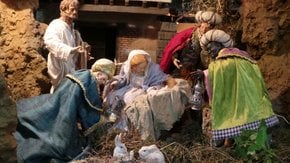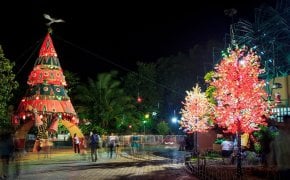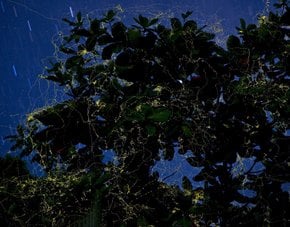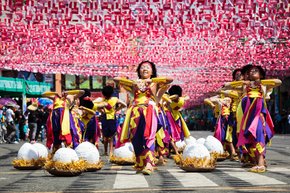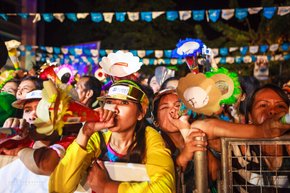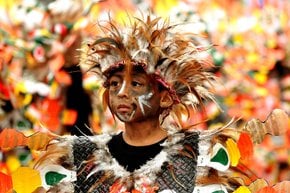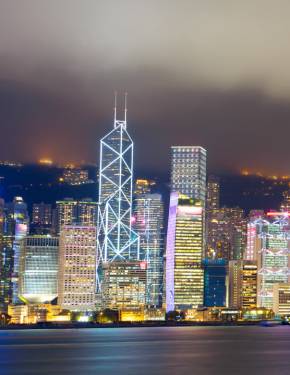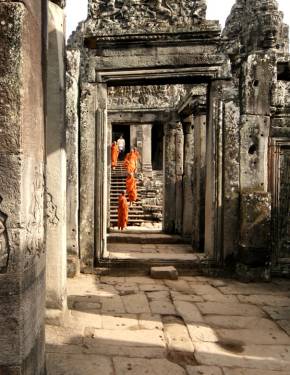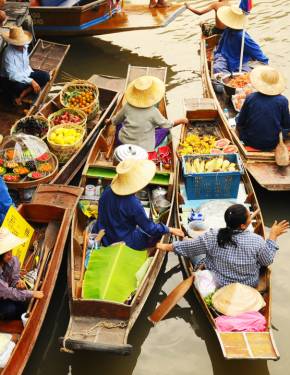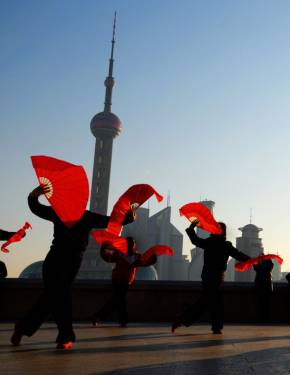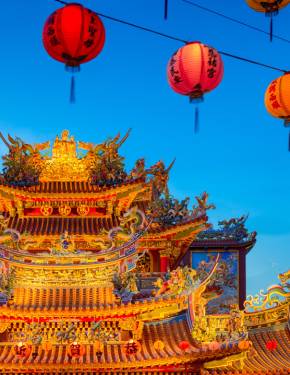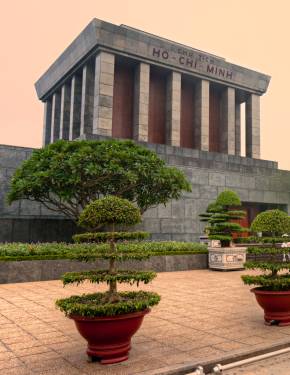Simbáng Gabi (Misa de Gallo) 2026 in Philippines
A Filipino Christmas tradition in anticipation of Christmas
Dates: December 16–December 24
Simbáng Gabi, meaning "Night Mass," is a cherished Filipino Catholic tradition held during the nine days leading up to Christmas, from December 16 to December 24. These early morning or evening Masses are a unique way for communities to gather, reflect, and prepare spiritually for the birth of Christ. The culmination of this novena is the Misa de Gallo, or "Rooster's Mass," celebrated on Christmas Eve—a special midnight service symbolizing the anticipation of the Savior's birth.
Best Places to Witness the Tradition
One of the most remarkable places to experience Simbáng Gabi is the National Shrine of Our Mother of Perpetual Help, also known as Baclaran Church, in Manila. Famous for its massive gatherings, Baclaran Church welcomes thousands who seek to uphold this tradition. Other notable locations include Mangatarem in Pangasinan, Lapu-Lapu City in Cebu, and Cagayan de Oro City, each of which brings its local flavor to the celebration, often incorporating folk music, processions, and other community festivities.
Simbáng Gabi Highlights
Misa de Gallo is celebrated in shrines, parishes, and main chapels across the Philippines, with Simbáng Gabi Masses held at various times, often in the early morning hours between 3 and 5 am. Faithful attendees gather under the glow of small oil lamps, some shaped like stars in honor of the Star of Bethlehem, lending a magical atmosphere to these pre-dawn gatherings.
After the Christmas Mass, parishioners enjoy traditional holiday treats that add to the warmth and spirit of the season. Popular delicacies include bibingka, a soft rice cake; puto bumbong, sticky purple rice pastries served with coconut and brown sugar; lengua de gato, a buttery pastry; latik, a coconut caramel; yema, a sweet custard confection; and hot tsokolate, a rich, creamy chocolate drink. These holiday specialties are an integral part of the experience, reflecting the joy of coming together during this special time of year.
Tradition Power
Filipinos are deeply religious, and this devotion is evident in the widespread attendance at Simbáng Gabi Masses. Whether in bustling city centers or quiet rural villages, this tradition remains an essential part of the Filipino Christmas celebration. Simbáng Gabi has even found a place in some malls.
According to Filipino belief, attending all nine Masses brings a special blessing: the chance to make a heartfelt wish that, through faith, will come true. This hopeful tradition adds to the spiritual significance of Simbáng Gabi, bringing families and communities together in celebration and anticipation during the Christmas season.
Origins of the Simbáng Gabi
The concept of Simbáng Gabi is somewhat similar to early morning Masses leading to Christmas in Puerto Rico (Misa de Aguinaldo). However, the tradition of early masses goes back to colonial times during Spanish rule. In 1669, Catholic priests started to hold Mass in the early mornings instead of the afternoons so that farmers could work during the day. As Christmas holidays coincide with the harvest season in the predominantly agricultural Philippines, locals are rather busy growing rice, coconut, and sugarcane.

